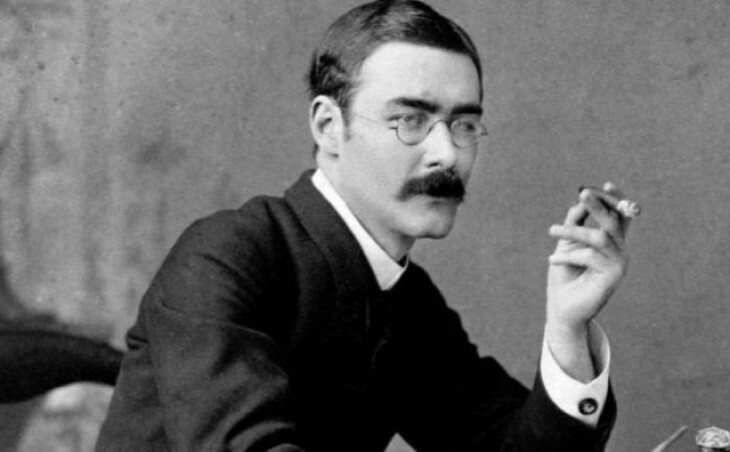Rudyard Kipling was born and raised in India, with a deep understanding of the local culture. According to contemporary norms that criticize imperialism, he can be considered a controversial figure to say the least. The author was not only a supporter, but also a glorifier of the expansionist policy of Great Britain. He argued that sharing European customs was the duty of the colonizers and a favor to conquered tribes. He spoke with sympathy, albeit with superiority, about the people of India, considering them incapable of independence who needed the guidance of a white man. He was also a supporter of the caste system. At the same time, he was able to appreciate the value of other cultures, broadly describing their achievements in his works.
Growing up in Mumbai allowed him to understand and use Indian culture as the backdrop for his most popular songs. Already in his youth, he was familiar with the local language thanks to the servants that dealt with it. At the age of six, according to tradition, he was sent to Great Britain, where he and his then three-year-old sister were cared for by the Holloway family. Although they were used to caring for English children living in Indian colonies, Kipling himself did not mention his stay at the estate positively. He felt neglected and accused the Holloways of cruel treatment. Then the writer’s school education began, but he ended it at the age of 16 due to the lack of financial resources to pay for higher education. Thanks to his family connections, he found a job at a museum, however, he soon moved to a post at the Civil & Military Gazette. There he published his stories until 1887. Then he was transferred to the newspaper “The Pioneer”.
Kipling traveled a lot during his life, visiting not only India, but also Japan, Hong Kong, Singapore, Rangoon, and Canada and the United States, where he eventually settled permanently. His travels and the cultures he learned were his greatest inspiration in his later works. The most famous work of Rudyard Kipling is, of course, The Jungle Book , which remains a must-have item on the children’s reading list. Kim’s novel is also popular . The background of both songs is, of course, India, familiar to the author. He has also published such works as Opowieści from the Himalayas, Puk z Pukowej Górki, The Story of Gadsbys, Stalky i Spółka and Soliders Three. In his works, he dealt with the subject of other cultures, as well as the stories of British soldiers stationed in the colonies. For his work in 1907 he was awarded the Nobel Prize for Literature “in recognition of his insight, original imagination, bold ideas and outstanding narrative talent”. He died in 1936 in London.


